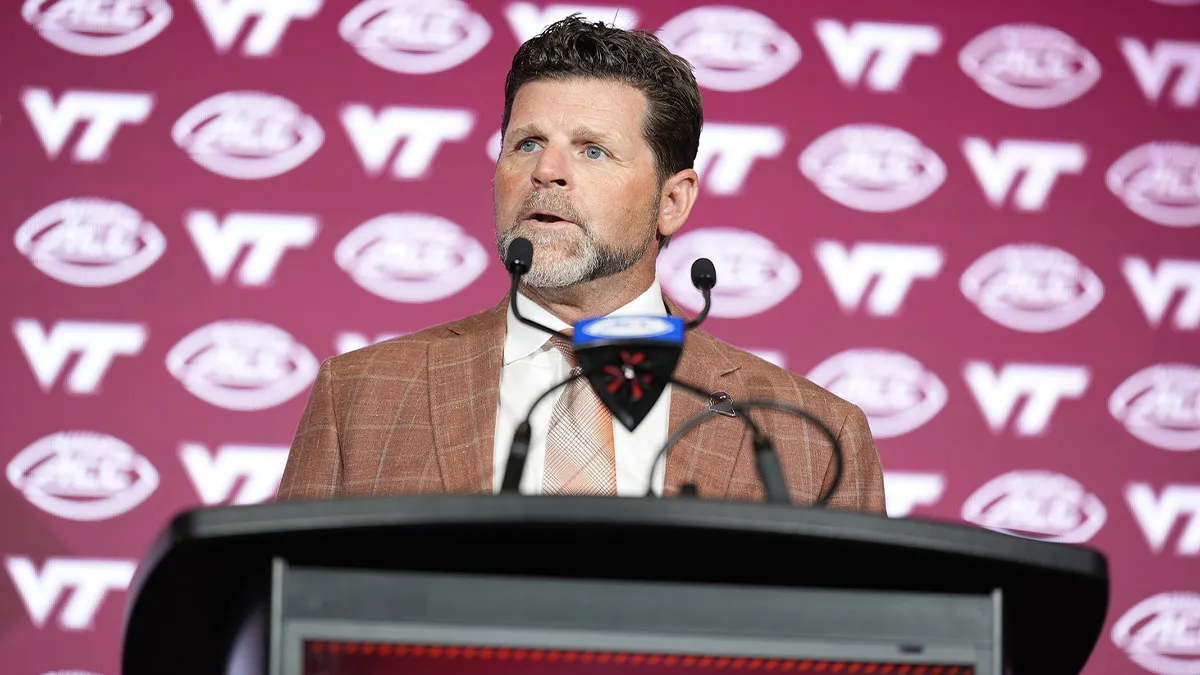As college football continues to evolve, programs are adapting on the fly to a shifting landscape of rules and regulations. During a media session on Friday, North Carolina Central head coach Trei Oliver raised eyebrows by accusing Virginia Tech of potential tampering involving one of his former players. The Hokies responded Saturday with a statement, shared via ESPN’s David Hale, addressing the accusation.
“Virginia Tech stated that this was the first time the issue had been brought to their attention and promised to investigate,” Hale reported. The Hokies added, “No concern has previously been shared with us through any formal channel. Virginia Tech takes all NCAA rules seriously and is committed to conducting our program with integrity. We are reviewing the matter internally and will address any findings appropriately.”
While Oliver didn’t name the player directly, the allegation may involve former NC Central standout running back J’Mari Taylor, who recently transferred to Virginia. Whether Taylor is indeed the subject of the claims remains unclear, but the situation underscores growing concerns about how player movement is being handled — especially at the lower levels of Division I.
For head coach Brent Pry and Virginia Tech, this development arrives as the program works to rebuild its reputation on the national stage. But the controversy could have broader implications well beyond one player.

New Rules, Old Problems: Player Poaching in College Football
With constant changes to transfer rules and athlete mobility, the lines have grown blurrier — especially for players at smaller programs. Coaches from HBCUs, FCS schools, and Division II programs increasingly report seeing their top talent targeted by Power Five programs, often without formal contact or protocol.
Virginia Tech may not be the first — or last — school implicated in these kinds of disputes. As Oliver and other HBCU coaches raise concerns, a larger question looms: Can increased oversight protect smaller programs from being raided? Or is this the new reality of modern college football?
Either way, it’s clear that without stronger guardrails, player tampering accusations like this will only become more common — and potentially more damaging to the fabric of the game.

